35+
COUNTRIES
70+
CLM PARTNERS
150,000+
PEOPLE IMPACTED
CRe-AIT integrates historical data, global guidelines, and community insights to deliver actionable intelligence for health systems. It empowers stakeholders to address evolving healthcare needs, navigate extreme weather events, and respond to system disruptions.
Through predictive AI, comprehensive data visualization, and enriched community-driven data, CRe-AIT provides the tools to understand and mitigate the impacts of climate change on health at both local and global levels.
We leverage Predictive AI and global historical data to forecast extreme climate events and their potential impact on health.
Harness the power of conversational AI to access a global knowledge base on the effects of climate and health.
The world’s largest climate and health data repository on the effects of climate on health, health systems, and global guidance.
Engage directly with communities to understand how climate impacts them and deliver real-time notifications.
Asses your ability to reduce your carbon footprint by moving to solar power in health facilities.
We leverage Predictive AI and global historical data to forecast extreme climate events and their potential impact on health.
Harness the power of conversational AI to access a global knowledge base on the effects of climate and health.
The world’s largest climate and health data repository on the effects of climate on health, health systems, and global guidance.
Engage directly with communities to understand how climate impacts them and deliver real-time notifications.
Asses your ability to reduce your carbon footprint by moving to solar power in health facilities.

Use our WhatsApp-enabled chatbot to get real-time answers and support on climate and health challenges. From managing hospital resources during a flood to navigating the key considerations for writing a national adaptation plan, our AI-driven tool is here to help you with access to information and real-time capacity building.

Explore our dashboard to visualize the impact of climate on health in our partner countries. See which health facilities are most vulnerable to flooding, or how rising temperatures could influence the TB burden in the region.

Discover global insights with our Climate and Health Dashboard and Data Cube. Analyze the relationship between climate and health factors worldwide and explore our Global Climate and Health Vulnerability Index for a broad understanding of emerging risks and trends.

Use our Data Cube the largest AI enabled database of climate, health, infrastructure, capacities, supply chain and warehousing.




Explore our country profiles to understand how climate change impacts health across key regions. Each profile examines the effects of flooding and landslides on healthcare facilities, the impact of flooding on agricultural land, and the broader implications of climate change on both communicable and non-communicable diseases. We also provide insights into each country's policy and financing landscape and highlight opportunities for resilience and adaptation.
Explore how CReAIT’s advanced AI solutions address the complex health challenges posed by climate change. Our technology equips governments, healthcare leaders, and NGOs with the insights needed to proactively safeguard public health, fostering resilience and sustainability on a global scale.
.png)





The Central African Republic is increasingly vulnerable to the impacts of climate change, which are already reflected in our shifting health outcomes. With CRe-AIT we are gaining access to insights that help us anticipate and respond to these challenges.

The African Union recognizes that Africa faces a double burden from climate change,being more vulnerable to both the direct climate disasters and the health impacts that follow, such as increased food insecurity and the spread of communicable diseases.

Climate change will disproportionately affect those with higher healthcare needs, including women, mothers, and people living with chronic conditions like HIV. We must take action to mitigate these impacts and protect vulnerable communities.

The official launch of CRe-AIT at the UNGA79 where we discussed the importance of bringing together data on climate, health infrastructure, supply chain and is augmented by community provided real time data to assess health system and infrastructure risks....

The document is a complete guide for the First Responders or In-country implementers on how to use the Response module. It contains instructions on each of the components supported with illustrations for ease of understanding the flows & features. This document will serve as a USER GUIDE.

The document is a complete guide for admin or user of dashboard on how to use the smart setup module. It contains instructions on each of the components supported with illustrations for ease of understanding the flows & features. This document will serve as a USER GUIDE.

The document is a complete guide for Civil society groups or In-country implementers on how to use the CLM dashboard. It contains instructions on each of the components supported with illustrations for ease of understanding flows & features. This document will serve as a USER GUIDE.

This manual serves as a step-by-step guide for community health workers, activists, volunteers, and social workers to effectively utilize the Assisted Model within the OneImpact App. It outlines the login process, registration and reporting procedures for new and previously registered clients affected by TB. It's essential for ensuring streamlined assistance and reporting within the community health framework.

The document is a complete guide for OneImpact users on how to use the OneImpact App. It contains instructions on each of the components supported by illustrations on information flow & features. By reading this guide the OneImpact App users will know the functions and features of each module and will know how to use each module.

“ OneImpact is a Community Led Monitoring solution and process through which people affected by TB, in particular KVPS are empowered to meaningfully engage and be part of the TB response to ensure that quality TB care and support services are available, accessible, acceptable to all, and free from stigma and discrimination.”
GOOD QUALITY TB SERVICES ARE AVAILABLE, ACCESSIBLE AND ACCEPTABLE FOR ALL
PROTECTION AND PROMOTION OF HUMAN RIGHTS
REDUCTION AND ELIMINATION OF TB STIGMA
GOOD QUALITY TB SUPPORT SERVICES ARE ACCESSIBLE TO ALL
Individual
Community
Programmatic
Individual
Community
Programmatic
Individual
Community
Programmatic
Individual
Community
Programmatic
ONEIMPACT COMMUNITY APP
used by people affected by TB
The module allows people affected by TB to report of different barriers to access and actively participates in engaging with other affected people.
Response Module
used by First Responders/Community Lead
Workers
The module allows the first responders from CLM implementers to look at the challenges reported by the people with TB and respond to their needs on the ground in real-time.
Accountibility Dashboard
used by National Program Managers (NTP)
and leading CLM implementers
The module allows both the NTP and the CLM implementers to look at the challenges reported by the people and take evidence based decision and action.






ONEIMPACT COMMUNITY APP
used by people affected by TB
The module allows people affected by TB to report of different barriers to access and actively participates in engaging with other affected people.
Response Module
used by First Responders/Community Lead
Workers
The module allows the first responders from CLM implementers to look at the challenges reported by the people with TB and respond to their needs on the ground in real-time.
Accountibility Dashboard
used by National Program Managers (NTP)
The module allows both the NTP and the CLM implementers to look at the challenges reported by the people and take evidence based decision and action.
The adapdation process involves adpating different components of the OneImpact platform such as questionnaire, information content, registration details, community forums, dashboard indicators and much more.
Once the adapted platform has been reviewed by all the stakeholders including the NTP, the platform is launched and implemented in the country for people to engaged and kick start the engagement.
Once the platform has been reviewed by all the stakeholders including the NTP, the platform is piloted by opening up access to a small group of people .
Various consultative workshops and meetings are conducted for different stakeholders to get feedback on all components of the OneImpact platform. All these feedbacks are documented and finalized.
Once all the feedbacks from the initial pilots are recieved, these feedbacks are incorrpoated in the platform and the overall platform is further upgraded.
Once all the feedbacks from country stakeholders has been incorproated, the platform is then institutionalised as one of the core intervention within the National program including inclusion into the NSP.
It is ensured that the platform is fully integrated with the national data ecossytem and hosted and deployed in preferred server.
The platform is then sclaed up to maximise reach across all TB affected community across the nation. Different stratgies like social media promotion, inclusion of access link in TB treatment card, leveraging NTP communication mechineries are leveregd.
Initial assessment focuses understanding the community needs and scope for adapting the OneImpact platform based on country specific needs
The adapdation process involves adpating different components of the OneImpact platform such as questionnaire, information content, registration details, community forums, dashboard indicators and much more.
Once the adapted platform has been reviewed by all the stakeholders including the NTP, the platform is launched and implemented in the country for people to engaged and kick start the engagement.
Once the initial adaptation process is completed, the platform is reviewed and approved by the country implementation partners.
Once the platform has been reviewed by all the stakeholders including the NTP, the platform is piloted by opening up access to a small group of people .
Various consultative workshops and meetings are conducted for different stakeholders to get feedback on all components of the OneImpact platform. All these feedbacks are documented and finalized.
Once all the feedbacks from the initial pilots are recieved, these feedbacks are incorrpoated in the platform and the overall platform is further upgraded.
The platform is then sclaed up to maximise reach across all TB affected community across the nation. Different stratgies like social media promotion, inclusion of access link in TB treatment card, leveraging NTP communication mechineries are leveregd.
Once all the feedbacks from country stakeholders has been incorproated, the platform is then institutionalised as one of the core intervention within the National program including inclusion into the NSP.
It is ensured that the platform is fully integrated with the national data ecossytem and hosted and deployed in preferred server.
| ADAPTATION | VALIDATION |
SCALE UP &
INSTITUTIONALISATION |
END TB BY 2030 | |||||||||||
|---|---|---|---|---|---|---|---|---|---|---|---|---|---|---|
| Azerbaijan |

|
|||||||||||||
| Bangladesh |

|
|||||||||||||
| Benin |

|
|||||||||||||
| Brazil |

|
|||||||||||||
| Burkina Faso |

|
|||||||||||||
| Cambodia |

|
|||||||||||||
| Cameroon |

|
|||||||||||||
| Central African Republic |

|
|||||||||||||
| Cote d'voire |

|
|||||||||||||
| DRC |

|
|||||||||||||
| Ethiopia |

|
|||||||||||||
| Ghana |

|
|||||||||||||
| India |

|
|||||||||||||
| Indonesia |

|
|||||||||||||
| Kazakhstan |

|
|||||||||||||
| Kenya |

|
|||||||||||||
| Kyrgyzstan |

|
|||||||||||||
| Malawi |

|
|||||||||||||
| Mongolia |

|
|||||||||||||
| Mozambique |

|
|||||||||||||
| Myanmar |

|
|||||||||||||
| Nepal |

|
|||||||||||||
| Niger |

|
|||||||||||||
| Nigeria |

|
|||||||||||||
| Pakistan |

|
|||||||||||||
| Papua New Guinea |

|
|||||||||||||
| Peru |

|
|||||||||||||
| Philippines |

|
|||||||||||||
| Sierra Leone |

|
|||||||||||||
| South Africa |

|
|||||||||||||
| Tajikistan |

|
|||||||||||||
| Tanzania |

|
|||||||||||||
| Uganda |

|
|||||||||||||
| Ukraine |

|
|||||||||||||
| Uzbekistan |

|
|||||||||||||
| Viet Nam |

|
|||||||||||||
| Zambia |

|
|||||||||||||
| Zimbabwe |

|
|||||||||||||
Azerbaijan

Bangladesh

Brazil

Burkina Faso

Mongolia

Myanmar

Nepal

Niger

Papua New Guinea

Uzbekistan

Viet Nam

Benin

Sierra Leone

Cambodia

Cameroon

Central African Republic

Cote d'voire

DRC

Ethiopia

Ghana

India

Indonesia

Kazakhstan

Kenya

Kyrgyzstan

Malawi

Mozambique

Nigeria

Pakistan

Peru

Philippines

South Africa

Tajikistan

Tanzania

Uganda

Ukraine

Zambia

Zimbabwe

Putting people at the heart of the TB response is critical for ending TB. Every year, health systems miss millions of people affected by TB because of barriers to health services, human rights violations, stigma, and a lack of access to support services. In response OneImpact is a digital platform made up of three tools that work together to provide a comprehensive community empowerment, community engagement and community-led monitoring solution that puts people at the heart of the TB response.









From temperature rise to changes in animal habitats, here are a few ways by which global...

Climate change creates a ‘cocktail’ of serious health hazards for 70 per cent of the world’s workers….
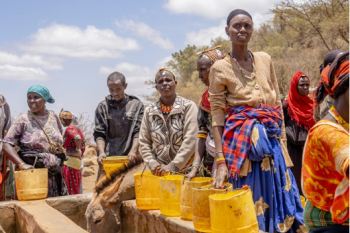
United Nations Secretary-General calls for global action on extreme heat in response of rising...
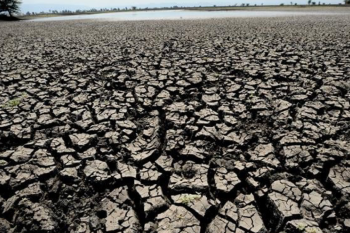
Climate change presents a fundamental threat to human health.. It affects the physical...
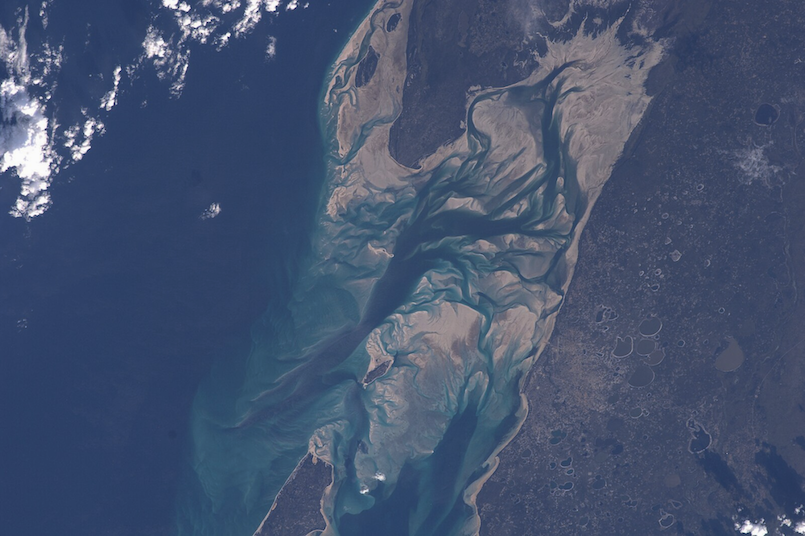
Modeling the Impact of Cyclones on Healthcare Access in Mozambique...
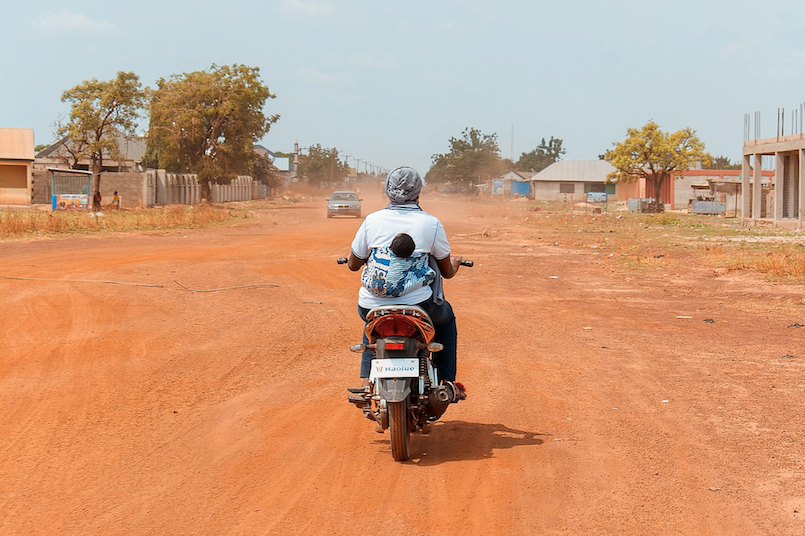
Improving Access to Emergency Obstetric and Newborn Care (EmONC) through Geographical....
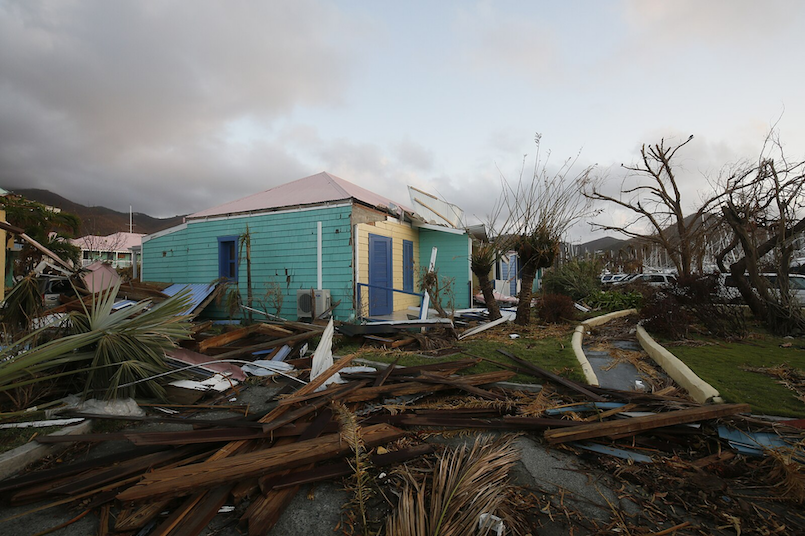
Health-Related Loss and Damage in the Caribbean – Lessons for Climate Adaptation...
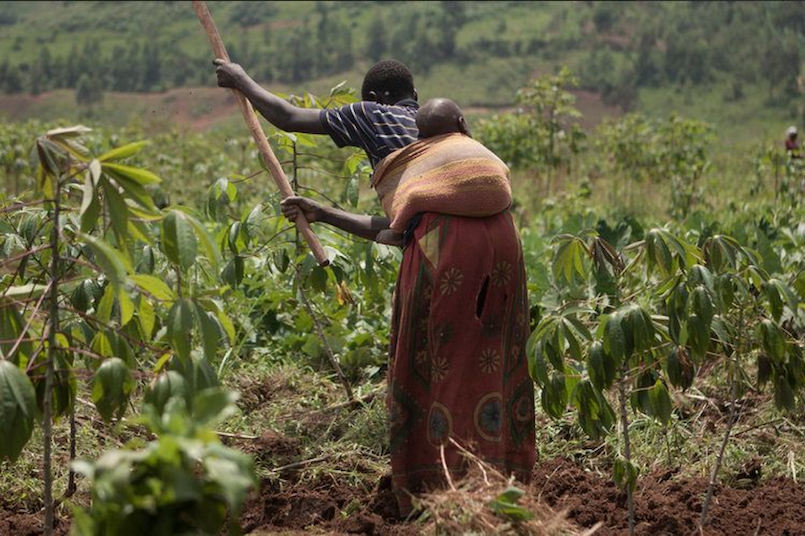
Gender-Responsive Climate Adaptation in Senegal – Health Insurance for Women Farmers...

Cascading Climate Impacts and Floods in Pakistan – Building Adaptive Capacity....

Spatially Enabling Climate Services – Integrating Geospatial Solutions for Better Climate Insights....
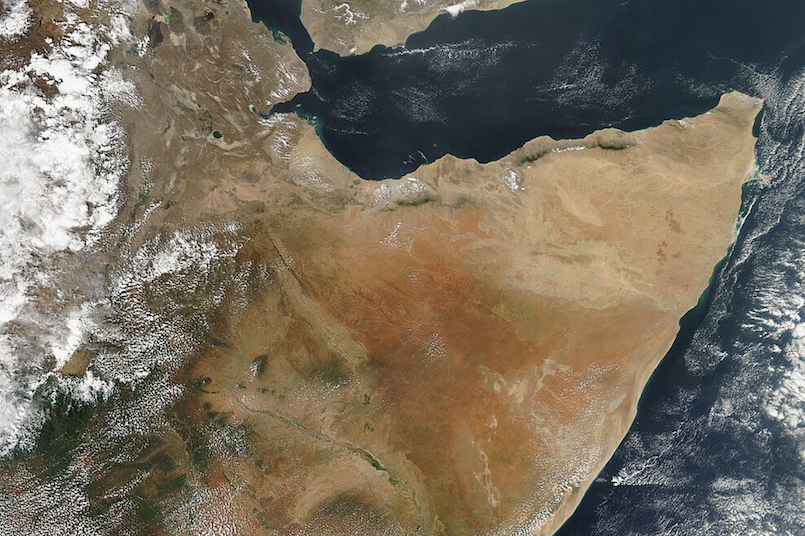
MAPX Project in Somalia: Drought Environmental information management and visualisation....




